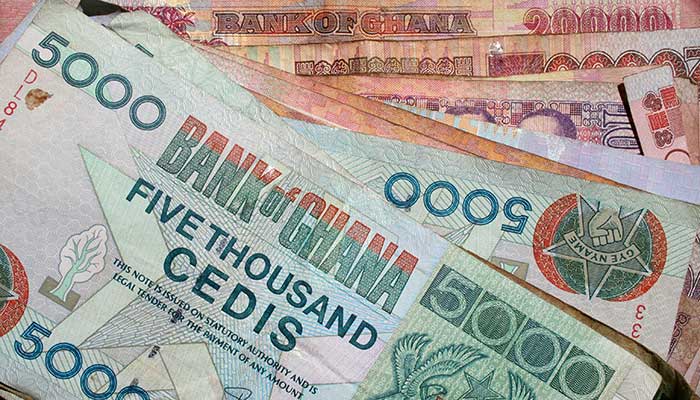The country’s finance minister Ken Ofori-Atta revealed the secret spending, which dates back three or four years, earlier this month, only weeks after a new government came to power.
He said the new administration would continue to gather information on the undisclosed expenditures ahead of a 2017 budget next month, but that the 2016 deficit, previously forecast by Fitch to be equal to around 5% of GDP, would likely be close to “double digits”.
The country’s accounts were also hit by weak revenue collection, higher-than-planned capital spending and technical difficulties at one of the country’s oil fields last year.
As a result of the revelations, Fitch has increased its estimates of Ghana’s debt (from 69% of GDP to 74%) and warned that the country’s failure to hit its deficit target for 2016 marks a “substantial risk” to the country’s public finances.
After assuming office in January, Ofori-Atta stressed he was committed to cleaning up the government coffers, managing Ghana’s “enormous debt” and creating budgetary room to invest in critical infrastructure and enable the private sector to create jobs.
The finance ministry has also announced plans to cut spending and ensure it prioritises funding, strengthen contract management and ensure to fiscal discipline and good economic governance.
Fitch highlighted that it has confidence in the new government’s commitments and pointed to $915m programme between Ghana and the IMF, which it said would act as a “policy anchor” and ease the country’s funding pressures.
It did note however that some of the new government’s priorities, including infrastructure investment and tax cuts, could conflict with the aims of the IMF package. Other challenges for the new administration include enforcing spending controls in government ministries and improving revenue collection.
The government, which came to power in January after winning presidential and parliamentary elections the month before, is tasked with putting an economy that was once celebrated as a role model for others across the continent back on track.
After hitting growth of above 13% in 2011, the country has slipped to a more modest estimate of 4.1%. The global slump in commodity prices hit the nation hard, pushing the country into a rescue deal with the IMF.
The fund has already threatened to withhold disbursements of its almost $1bn worth of loans to Ghana after the country passed legislation directly contradicting the programme. Ghana’s secret spending could also yet have an impact – the IMF has previously suspended its support for Mozambique after the country disclosed $1.4bn in hidden debt.
Ghana’s first eurobond, issued in 2007, is set to mature this year. In October 2015 the country had to refinance this debt with another, $1bn eurobond issue with a 15-year tenure.













